What if Google assigned a "content score" to every page on your website?
Experts now thinkthat's exactly what Google does. Every page, every post on your site gets assigned a numerical ranking. For simplicity's sake, let's assume that score is on a scale of 1-10, like theAdWords Quality Score.
It makes sense. Google, the company that even scores peopleinterviewing for a job, almost certainly rates every page on your site to determine where your page shows up in Google search results.
To get more organic traffic to your site, then, you need to know the answer to this critical question:How do you improve your Google content score?
我们分析了成千上万的客户端pages on our content platform, and boiled the answer down to five metrics.
Scoring Metric No. 1: Actions
认为“行动”是任何行动用户on your page, usually a click or a conversion.Focusing on acall to actionis probably the most important thing you can do to improve your content score.
Almost no one reads content on the Web; instead,we scan. Most of us read the first few sentences of an article, then skim the rest of the page. At the bottom of the page is a decision point: We either click a link to get more information, or we close the tab or hit the Back button:
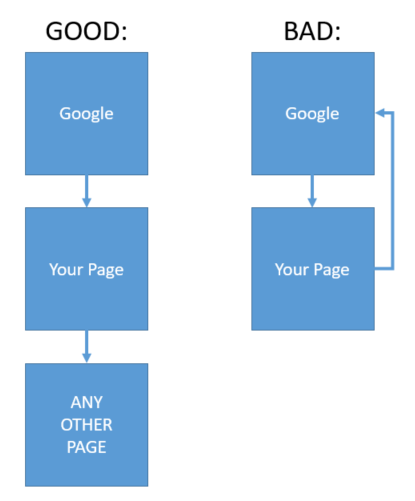
Though you may think it's common sense to guide your readers into taking some action at the end of your article, most marketers apparently don't have common sense. The best-practice is to have a single, clear, irresistible call to action at the end of your article, just as this one does.
Scoring Metric No. 2: Bounce Rate
Put yourself in Google's shoes: It just wants users to get the most relevant search results. We've all had the experience of doing a Google search, clicking the first result, then the second result, the third result, and finding them all useless.
When we don't find what we're looking for, we leave the page. How often that happens to a page is called the "bounce rate," and it's been an important statistic that Google has tracked since the first release of Google Analytics.
Most marketers misunderstand what bounce rate really is: It's the percentage of visitors who view only that one page on your site.
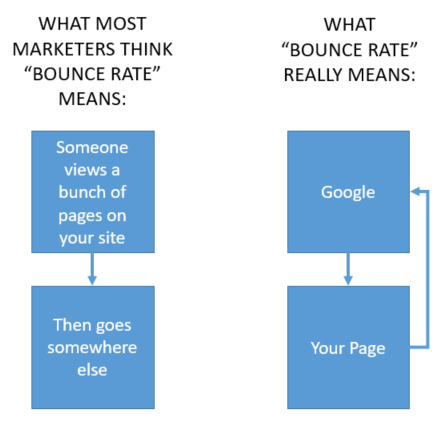
In other words, it's only a "bounce" from Google's perspective. Someone searches, hits your page, then "bounces" back to Google. The most important thing for marketers, then, is tobe sure you're not just engaging users, but giving them somewhere else to go.
Scoring Metric No. 3: Time on Page
This article is about 1,000 words, and the average reading speed is about 200 words per minute. Let's imagine that most people spend about five minutes on this page: We'd be pretty happy with that result.
Now let's imagine that people are spending about 15 seconds on this page, but the bounce rate is still low. That might indicate a lot of people are clicking a link at the top, so it says to Google thatsomethingis satisfying the user's search query, but probably not so much the page itself.
Consider the possible scenarios:
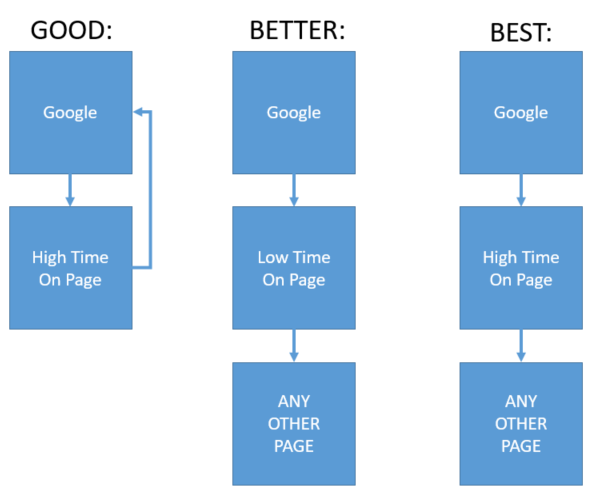
The best scenario ishigh time on page,combined withlow bounce rate:Your content is engaging peopleandconvincing them to take action.
Scoring Metric No. 4: Links
Imagine Adam has an academic research paper that's been cited by five other studies, whereas Bob's paper has been cited by only three.
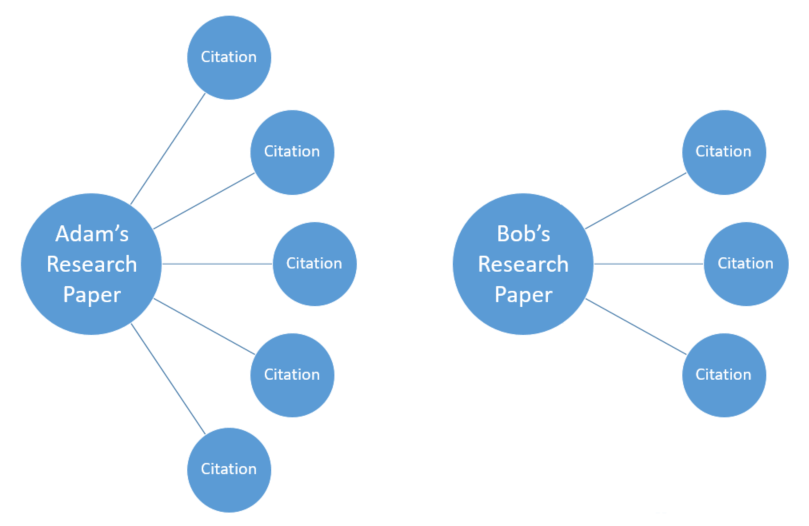
Clearly, Adam's paper has more academic merit (or at least Adam has better PR). That was the insight behind the original Google algorithm: More people pointing to your content means better content.
Google's Andrey Lipattsevhas confirmed as much: The two most important ranking factors, he says, are "content, and links pointing to your site."
It's also incredibly hard to game the system with links. Good-quality links are gold, and you really have to earn them with good content. Any links that can be bought, sold, or scaled are generally worthless. (Remember that next time you consider hiring a link-building agency.)
Scoring Metric No. 5: Traffic
We've developed the 95/5 principle of content: After all the hard work on developing content for their blog, most marketers find that only 5% of their posts get ranked in Google and end up driving 95% of their traffic.
The challenge is that if you have strong SEO rankings, you get more traffic, but you won't get strong SEO rankings until you have more traffic.It's a hall of mirrors!
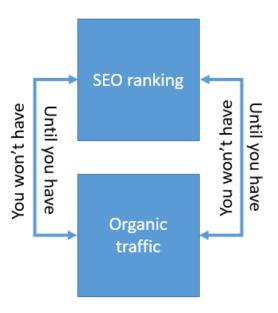
The solution is to kickstart traffic with content promotion.
Promotion does not mean putting up a blog post and hoping people will find it. Promotion means actively driving traffic to your content: It means, in order of effectiveness...
- Paidsocial mediapromotion (Facebook boosting, LinkedIn ads)
- Paid article promotion (like this article)
- Email newsletters
- Influencer promotion (quoting a thought leader and getting her to retweet the article)
- Free social media promotion (just tweeting it out yourself)
- Manual promotion (reaching out to journalists or other website owners)
How to Score Your Own Content
If you'd like to score your own content, we have afree downloadable template.Using your own Google Analytics metrics, this spreadsheet will score your most valuable content pages so you can improve them further. It's been developed in conjunction with MIT-trained engineers...Click here to download our free content-scoring template.





